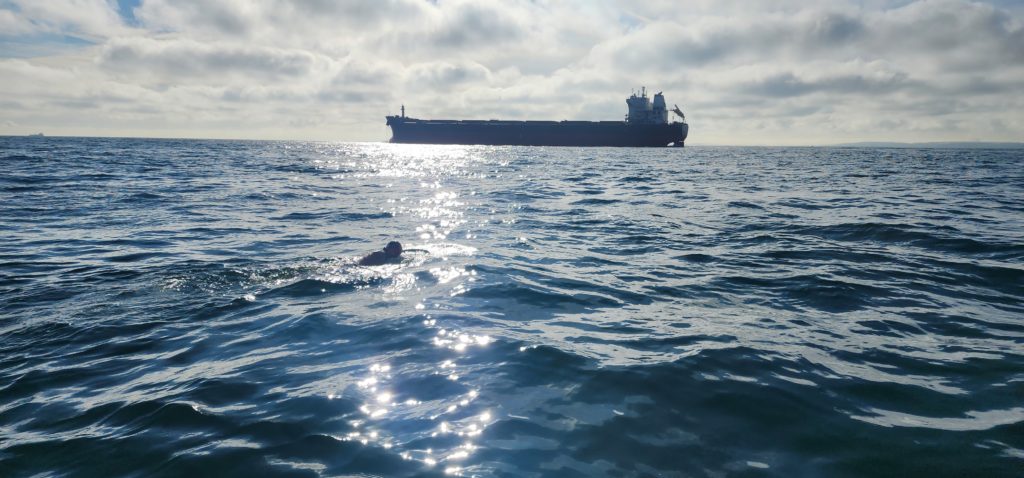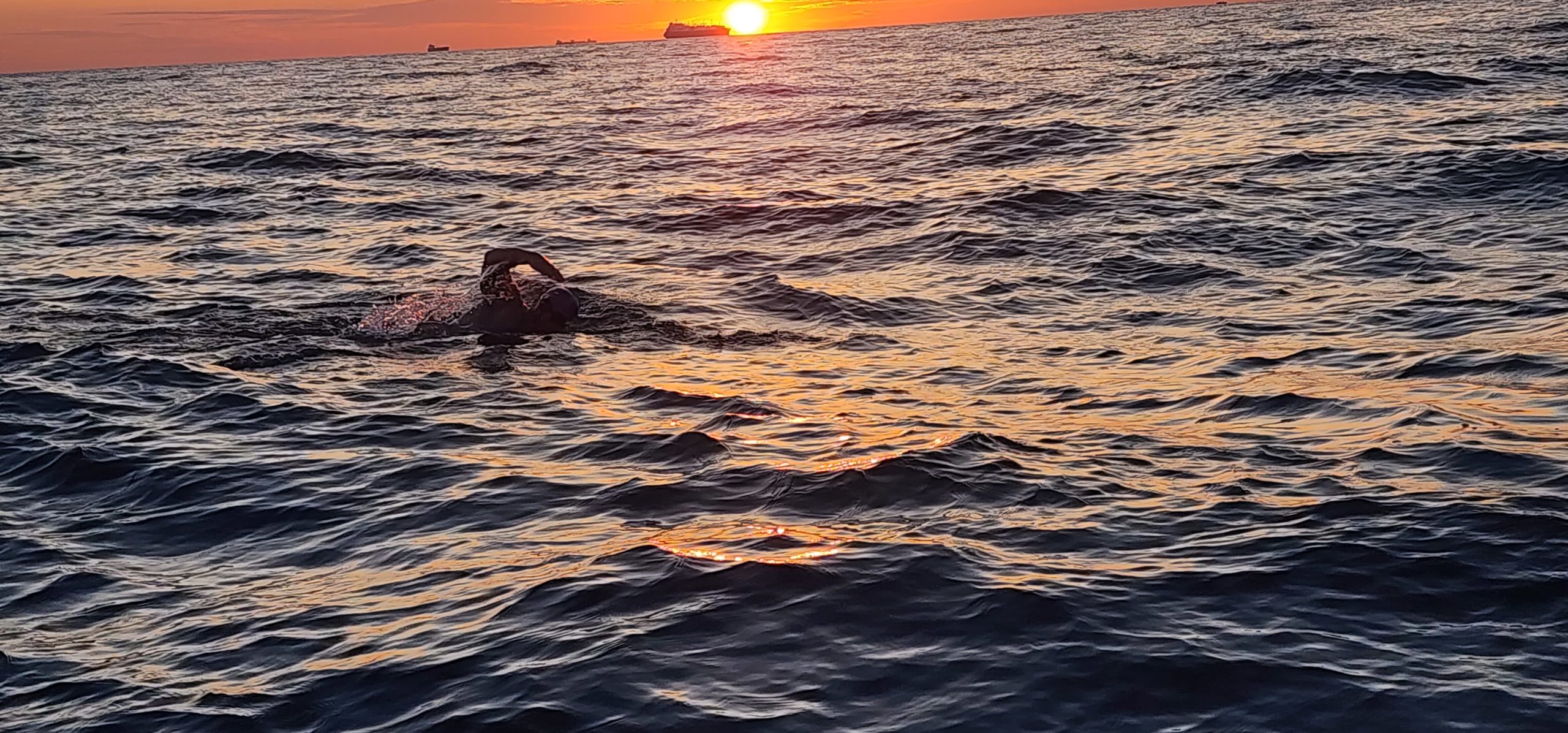On the morning of July 14, 1978, South African Kevin Anderson left Shakespeare beach in Dover for Cap Gris-Nez in France – a 32km stretch of water that’s physically and mentally demanding. Strong currents, unpredictable weather, jelly fish, icy cold water, and possible hypothermia were just some of the risks he faced. When he walked out the water on the other side, he was the youngest person in history to finish – he was just 11 years old.
On 24 August, 2022, Michelle Weber broke the South African women’s record for the fastest crossing. In September 2024, the oldest ever channel swimmer was Otto Thaning, a 73-year-old heart surgeon from South Africa.
And these are just three of the stories that capture the spirit of South African swimmers – and continue to cement the country’s reputation as reportedly one of the top three in the world for creating English Channel swimmers.
But, is this exclusive to South Africans, or are there other factors in play? FORBES AFRICA asked Derrick Frazer, owner of Big Bay Events, a company that trains English Channel swimmers, why he believes South Africa is such a popular training ground.

“A lot of swimmers from countries with warm water such as America, Australia and India, have to spend a huge amount of time acclimatizing to cold water, whereas swimmers who have trained in Cape Town go to the channel and say, ‘wow, this water is so warm, it’s fantastic’,” he laughs.
Loading...
“If we can get 13- or 14-degree water here, we’re happy, and the channel is around 16 to 17 degrees.”
The other success factor is a combination of cost and Cape Town. The False Bay swim is similar in length and complexity as the English Channel, it is also significantly cheaper. “It can cost at least R250,000 (approximately $14,385) to swim the Channel,” says Frazer. “It’s a huge amount of money and this is without factoring in a two-year training plan and, if you don’t live in Cape Town, flying in for training sessions in cold water.”
Having trained people from all over the world with an 83% success rate crossing the Channel, Frazer is quick to highlight how local is actually just as lekker.
“Getting a good slot for the Channel swim is hard and the cost is incredibly high. There is also the fact that if the weather is bad, the swimmers can’t cross, and this year has been particularly bad. Because the swimmers don’t want to lose their fitness, they come to False Bay instead.”
False Bay is just as challenging, significantly cheaper, and growing in global popularity. As Frazer points out – the well-known races are hard to get bookings for, they’ve been subject to competitive price increases, and often exclude swimmers without big budgets.
“False Bay is growing in international stature as more people come here to face the challenge – it’s going to be interesting to see what happens over the next few years,” he concludes.
Loading...
